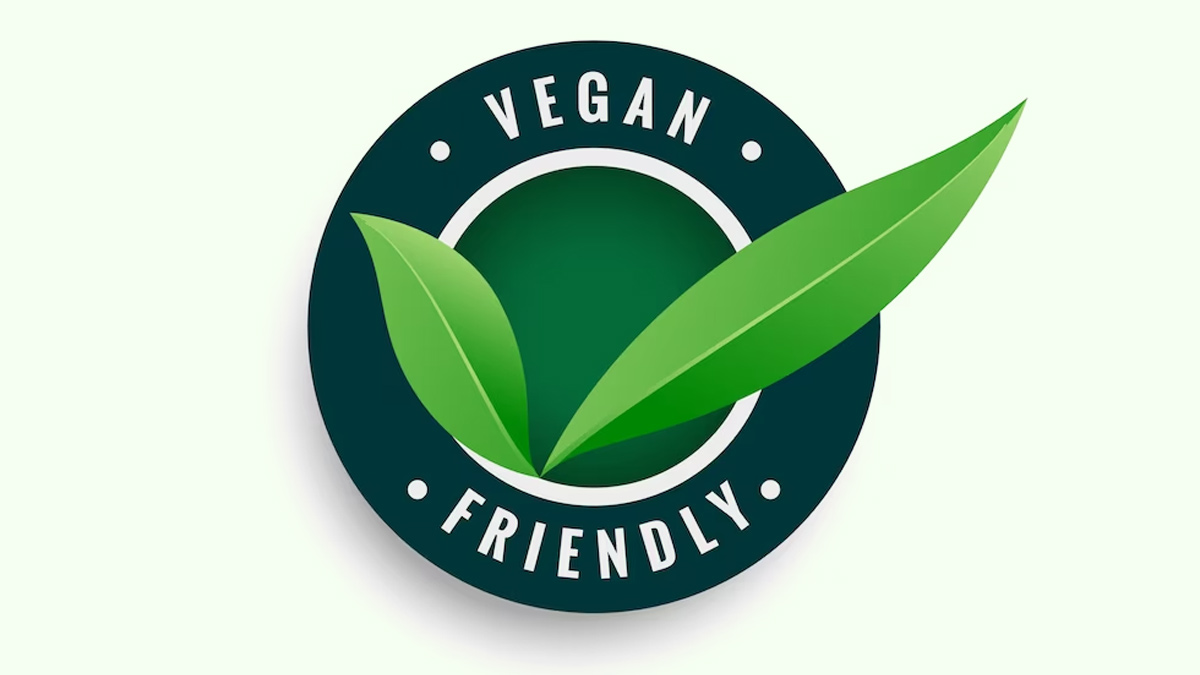
Veganism has grown in popularity, owing to worries about animal welfare and human health. One noteworthy component of a vegan diet is the possible impact on heart health. As cardiovascular disease remains a top cause of death, many people are looking into plant-based diets as a way to improve heart health.
Table of Content:-
Concept Of Veganism
Veganism is a lifestyle that abstains from the consumption of all animal products, including meat, dairy, eggs, and honey. Instead, individuals following a vegan diet primarily rely on plant-based foods such as fruits, vegetables, whole grains, legumes, nuts, and seeds. Proponents argue that this dietary choice can offer numerous health benefits, and one of the key areas under scrutiny is cardiovascular health.

Dr Sweta Bhatnagar, a registered dietitian, sheds light on the relationship between veganism and heart health. According to Dr Bhatnagar, "A well-planned vegan diet can be heart-healthy due to its emphasis on whole, nutrient-dense foods and the exclusion of saturated and trans fats found in animal products." She highlights the potential benefits of a vegan diet in lowering cholesterol levels, reducing blood pressure, and promoting overall cardiovascular well-being.
Cholesterol and Heart Health
Cholesterol levels play a crucial role in heart health, with high levels of LDL (low-density lipoprotein) cholesterol being a risk factor for cardiovascular diseases. Vegan diets, typically low in saturated fats found in animal products, may contribute to lower LDL cholesterol levels. Dr Bhatnagar explains, "Plant-based diets can be rich in soluble fiber, which helps remove cholesterol from the body, and they lack the cholesterol found in animal products, potentially leading to improved heart health."
Also read: Hot Flashes And Heart Disease: Is There A Link?
How It Helps To Manage Blood Pressure
Hypertension, or high blood pressure, is another significant risk factor for heart disease. Some studies suggest that adopting a vegan diet may have a positive impact on blood pressure. "Plant-based diets tend to be lower in sodium and can contribute to better blood pressure control," notes Dr Bhatnagar. However, she emphasizes the importance of a well-balanced and varied vegan diet to ensure adequate intake of essential nutrients, including potassium and magnesium, which play a role in blood pressure regulation.
Nutrient Considerations
While a vegan diet can offer numerous health benefits, it requires careful planning to ensure adequate nutrient intake. Dr Bhatnagr advises, "Vegans must pay attention to nutrients like vitamin B12, iron, calcium, omega-3 fatty acids, and vitamin D, which are primarily found in animal products." Supplementation and incorporating fortified foods can help address potential nutritional gaps and ensure a balanced and heart-healthy vegan diet.
Adopting a vegan diet can be a heart-healthy choice when carefully planned and executed. The emphasis on whole, plant-based foods and the exclusion of certain harmful components found in animal products may contribute to improved cholesterol levels, blood pressure management, and overall cardiovascular well-being. However, it is important to approach a vegan lifestyle with awareness and mindfulness, ensuring that essential nutrients are adequately sourced from plant-based alternatives or supplements. As with any dietary change, consulting with doctor or registered dietitians is advisable to tailor the diet to individual needs and mitigate potential health risks. Ultimately, the decision to eat vegan for heart health should be a well-informed and personalized choice.
Also watch this video
How we keep this article up to date:
We work with experts and keep a close eye on the latest in health and wellness. Whenever there is a new research or helpful information, we update our articles with accurate and useful advice.
Current Version
